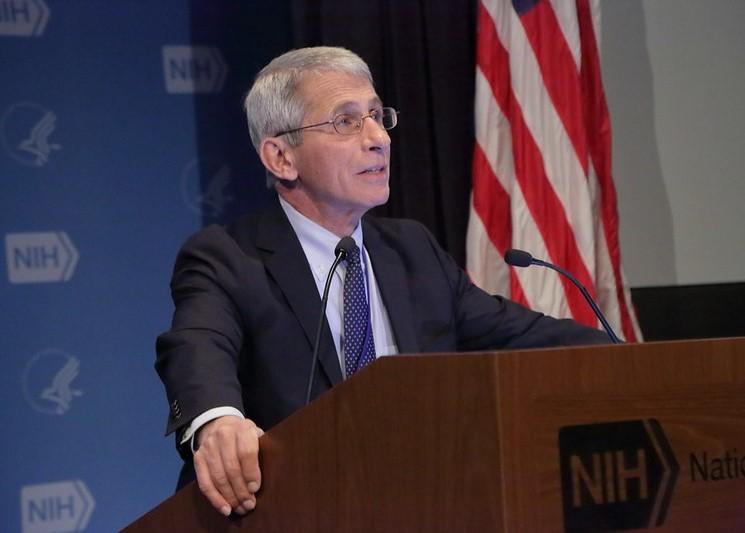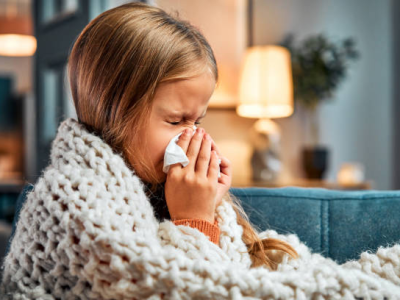The Biden administration yesterday announced the details of a 6-week sprint designed to expand use of the updated COVID-19 booster shot by the end of the year, focusing on older people and those at highest risk.
The bivalent booster vaccines were approved for emergency use in early September, and but so far, uptake has been low. So far, just over 11% of eligible people ages 5 and older have received the new booster, according to the latest data from the Centers for Disease Control and Prevention (CDC).
At a White House press briefing yesterday, the two top federal health officials leading the nation's COVID response detailed the plans and give their assessments of the months ahead.
The event marked the last public briefing by Tony Fauci, MD, chief White House medical advisor, who announced his retirement from government after serving as the director of the National Institute of Allergy and Infectious Diseases for 38 years. Fauci has advised seven presidents and has played a key role in helping the United States navigate several infectious disease threats.
Fauci reiterated the vaccine's good safety profile and emphasized new clinical data on efficacy, released yesterday by the CDC in Morbidity and Mortality Weekly Report (see related CIDRAP story). He said his final message from the podium is, "please for your own safety, for that of your family, get your updated COVID shot as soon as you are eligible."
About 35 million have received new boosters
At the briefing, Ashish Jha, MD, White House COVID-19 coordinator, said health officials are encouraged by progress with COVID booster uptake. Of 35 million who have gotten their booster shots, 16 million were seniors. About 4 million to 5 million people are getting vaccinated each week, which he said is consistent. However, Jha added that the nation is heading into a higher risk period.
Fauci told reporters that officials can't definitively predict if the nation will see another large surge, but he said high levels of immunity from vaccines or earlier infection could help avoid large increases in hospitalizations. He referenced Singapore's recent experience with the Omicron XBB subvariant, which resulted in another wave of infections, but didn't have a serious impact on hospitalizations.
In a fact sheet, the White House detailed other elements the 6-week booster campaign, which includes $350 million for community health centers to expand vaccination outreach, $125 million to get more older Americans vaccinated, and new enforcement guidance to ensure that nursing homes are offering the updated booster, along with timely treatment for residents and staff.
Also, the White House said the government will support hundreds of pop-up vaccination clinics to make it easier for people to be vaccinated by the end of the year.
In other vaccine developments, the CDC said in a recent operational update that if the Food and Drug Administration (FDA) authorizes the booster for children ages 6 months through 4 years it will consider making a recommendation in the middle of December.























